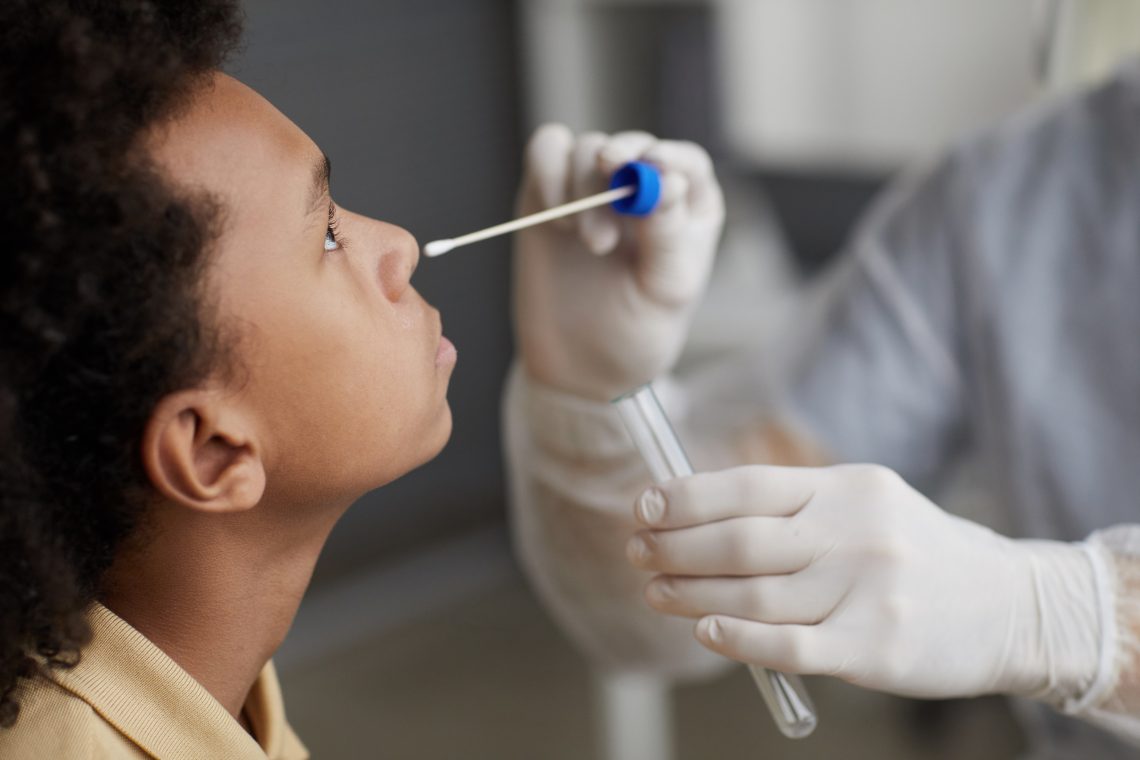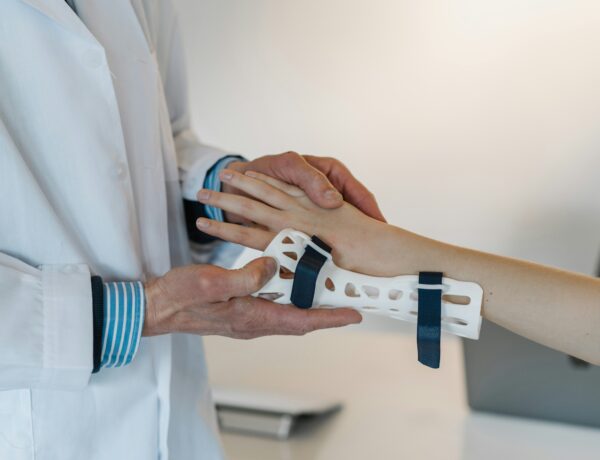Today we want to explain the difference between PCR vs. rapid COVID-19 test. Planning to get tested sometime soon? You might be wondering what the differences are between an RT-PCR test vs. a rapid COVID-19 test. Before you get yourself tested, read the article below. Find out what their differences are and know more to inform your decision better before you head over to get yourself tested for the virus.
Who Should Get Tested?
Before you get yourself tested and before you find out which test is the best for you, it’s a good idea to figure out whether you should get tested or not. Although you can get tested regardless, if you fall under any of these categories, then you are an especially great candidate that should get tested.
- You’re showing symptoms of infection of the COVID-19 virus, or are experiencing flu-like symptoms.
- You were near someone who has tested positive for the virus.
- You’re planning to travel or are going to attend a mass gathering.
- You’re going to meet with someone who may be immunocompromised.
RT-PCR Test
Now that you know if you should get tested or not, let’s go over the difference between an RT-PCR test and a rapid antigen test. Let’s start with an RT-PCR test.
How It Works
An RT-PCR test detects the presence of the viral DNA in the sample that you send. Thus, you need to send your sample to the lab to get the results as it needs to go through the “amplification” procedure.
Advantages
The RT-PCR test is the most reliable test out there in terms of accuracy. If you want to get the test that provides the most trusted result, this is the test that you take. You won’t have to worry as much about getting false negatives when you get the RT-PCR test.
Disadvantages
Although the RT-PCR test is the most reliable, it falls behind when it comes to the speed of results. Since it needs to be in the lab for a few days, you can expect the results to take a while.
Aside from that, the RT-PCR test is costlier. Thus, many people don’t think this is an accessible test to take. Therefore, if you have a limited budget, you might be hesitant to consider taking an RT-PCR test.
Rapid COVID-19 Antigen Test
Now that you know a little bit more about what the RT-PCR test does, how it works, and its advantages or disadvantages, the next thing we will cover would be the rapid antigen test.
How It Works
The antigen test, or the rapid test, looks for the presence of proteins that are attached to the outside of the virus. It will then mimic what your antibodies do and attach themselves to the presence of these proteins. It will show the presence of the virus by producing a colored line on the Test area of the test strip that you took.
Advantages
One of the biggest advantages that a rapid COVID-19 antigen test has over the RT-PCR test is that its results are there in a few minutes. You don’t need to send your samples over to a lab. Aside from that, you can take it anywhere and you don’t necessarily need a healthcare professional to take the test with you.
Another advantage to the antigen test is its affordability. For example, a Healgen COVID Test is one that you can buy for as low as £2.79 for a single kit. You can even buy it a bundle for extra savings and to save time in case you need to take a retest (which you likely need to).
Disadvantage
The dilemma that comes with using antigen tests would be that it’s less sensitive. Thus, its results aren’t as reliable as that of the RT-PCR. However, this test is most known for producing false negatives rather than false positives. Therefore, if you test positive for it, it’s safe to assume that you currently are infected.
Conclusion
Now that you know what the main differences are between the two, you should be able to make a more informed decision regarding which test to take for your needs. If you ever need to take a COVID-19 test, remember what you learned about the tests here so that you know which test you should take.
Read more health and wellness articles at ClichéMag.com
Images provided by Flickr, Unsplash, Pexels, Pixabay & Creative Commons





